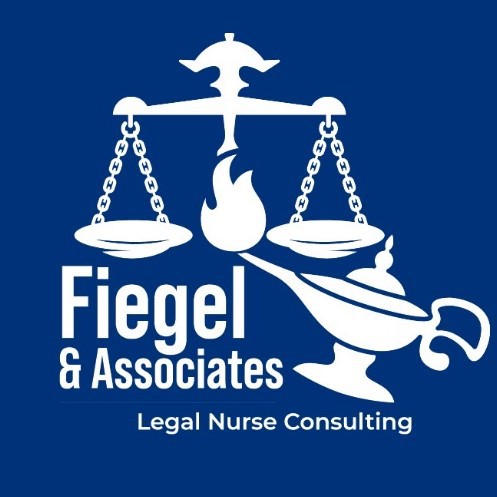Industry standards and quality metrics are essential components of healthcare, guiding physicians in providing safe and effective patient care. Certified Legal Nurse Consultants (CLNCs) must possess a comprehensive understanding of these standards, as they play a crucial role in evaluating cases related to medical malpractice and quality of care. Quality metrics are defined criteria that assess various aspects of healthcare delivery, including patient outcomes, safety protocols, and compliance with clinical guidelines. These metrics serve as benchmarks for healthcare providers, enabling them to measure their performance and identify areas for improvement.
CLNCs assist in determining whether healthcare providers adhere to established industry standards. By reviewing medical records and comparing them against relevant quality metrics, CLNCs can identify potential lapses in care that may have contributed to adverse patient outcomes. Their expertise in interpreting clinical guidelines allows them to establish whether the care provided met the accepted standards, which is critical in legal cases involving allegations of malpractice.
Collaboration with legal teams is vital, as CLNCs provide insights that shape legal strategies. They may assist in identifying expert witnesses who can testify about industry standards and the quality of care provided in a specific case. Additionally, CLNCs may review relevant literature and guidelines to support their findings, strengthening the legal argument.
Case studies illustrate the importance of industry standards and quality metrics in legal proceedings. For instance, a CLNC involved in a malpractice case might identify that a physician failed to adhere to recommended protocols, ultimately leading to a patient’s injury. This information can significantly impact the outcome of the case, as it establishes a clear deviation from the standard of care.
In conclusion, Certified Legal Nurse Consultants play a vital role in evaluating industry standards and quality metrics within the healthcare system. Their expertise in analyzing compliance with established guidelines enhances the effectiveness of legal proceedings, ensuring that cases are thoroughly evaluated and presented. As the focus on quality improvement continues to grow, CLNCs will remain essential in promoting safe and effective healthcare practices.

